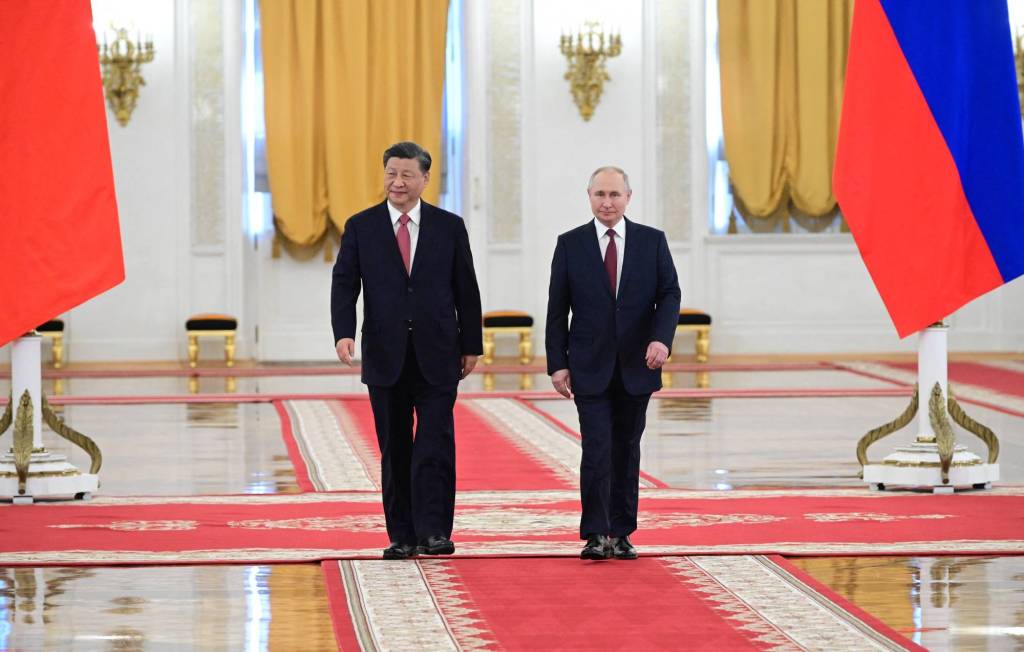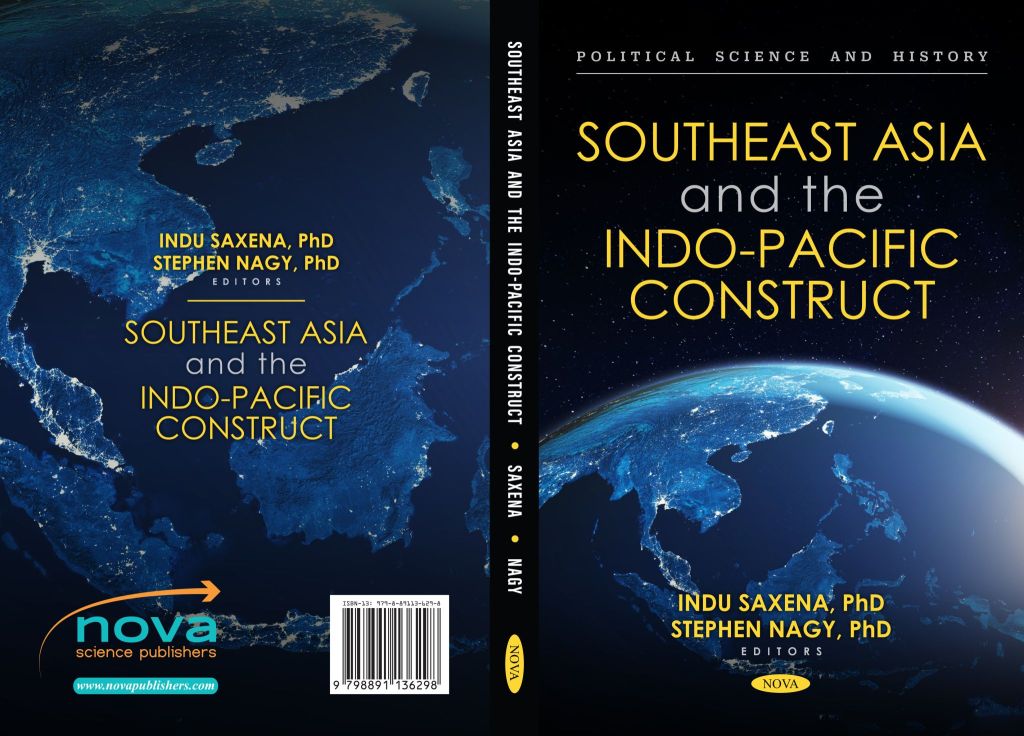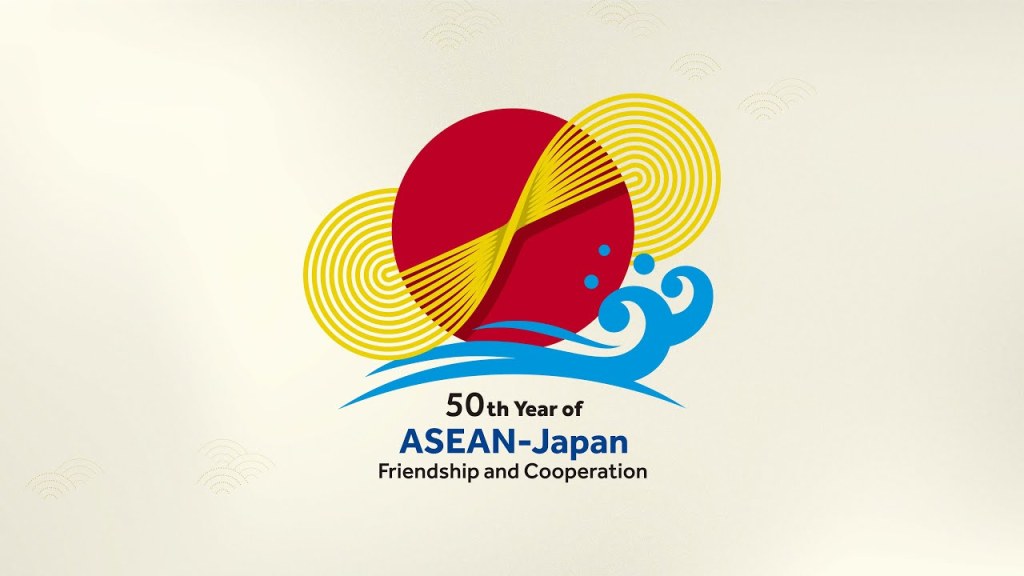Listen to the article
Following the announcement of a “relationship with no limits” on Feb. 4, 2022, just prior to the Beijing Winter Olympics, Vladimir Putin’s Russia invaded Ukraine under the false pretense of de-Nazifying its neighbor.
Many expected Beijing to distance itself from Moscow’s explicit aggression. However, one year after the unprovoked attack on Ukraine, we see Sino-Russia relations have deepened.
Beijing has chosen a pro-Russian neutrality position, with President Xi Jinping traveling to Moscow this week for a three-day state visit.
This is not an endorsement of the invasion or of Putin. It is a clear indication of the importance China places on the deepening Sino-Russian alignment and the reality that neither country can afford a geopolitical divorce.
Cross-border economic relations are improving with China-Russia trade rising 34.3% to $190 billion last year. Beijing is also enjoying heavily discounted access to cheap Russian energy.
At the rhetoric level, China has adopted many of the Russian narratives justifying its aggression toward Ukraine.
To illustrate, according to a survey conducted by the U.S.-China Perception Monitor, Chinese citizens see the United States, the West and NATO expansion being the driver of instability and the cause of Russia’s insecurity leading to its invasion of Ukraine.
Moreover, 70% of respondents believe disinformation that American biolabs were discovered by Russian forces in Ukraine.
We also see China continue to avoid criticism of both Putin and Russia. In fact, at the 20th Party Congress in October, Xi in his Workers Report explicitly used the expression that “no country’s security should come at the expense of another country’s security,” an explicit rejection of the U.S. and Western countries’ views that Russia has engaged in an unprovoked attack against the sovereign state of Ukraine.
This has been repeated in commentary related to Xi’s state visit to Moscow stressing “The only one who can solve the problem is the one who created the problem in the first place. The key to solving the Ukrainian crisis is not in the hands of China, but in the hands of the United States and the West.”
These inactions and positions contradict China’s five principles of peaceful coexistence, most prominently its advocacy for mutual respect for sovereignty and territorial integrity, mutual nonaggression, noninterference in each other nation’s internal affairs, equality and mutual benefit and peaceful coexistence.
Further contradictions are found when examining the commitments made by China toward Ukraine in a joint statement in 2013 that read, “In accordance with U.N. Security Council Resolution 984 and the Statement of the Chinese Government of 4 December 1994 on security Assurances to Ukraine, China undertakes unconditionally not to use or threaten to use nuclear weapons against Ukraine as a non-nuclear-weapon state and to provide corresponding security assurances to Ukraine in the event of aggression or threat of aggression against Ukraine using nuclear weapons.”
China’s behavior demonstrates that the war on Ukraine by Russia has not diluted or weakened their relations. Quite the contrary, it has demonstrated that Moscow and Beijing have deepened their commitment to each other out of a shared loathing of the U.S.-led international order.
Prominent Chinese academics such as Yan Xue Tong explained some of what is behind that loathing:
China will work hard to shape an ideological environment conducive to its rise and counter Western values. For example, the United States defines democracy and freedom from the perspective of electoral politics and personal expression, while China defines democracy and freedom from the perspective of social security and economic development. Washington should accept these differences of opinion instead of trying to impose its own views on others.
The Asia Pacific Initiative think tank’s Naoko Eto has come to similar conclusions arguing that “China sees the current rules-based order is not aligned with its domestic political system and its new interpretations of norms such as human rights, transparency, democracy, rule-of-law that have been the foundation for the post-World War II period of peace, stability and development.”
Aside from Beijing’s support for Moscow being linked to their shared interest in weakening the U.S. and Western influence on international institutions and on their political systems, leaders of the Communist Party of China cannot afford to see the nation’s longstanding and closest partner be defeated by a united Western front.
It would leave China alone to face an increasingly competitive relationship with the U.S. and its allies like Japan, Canada and the EU.
There has been speculation that China is providing lethal and nonlethal aid to Russia. These accusations of China potentially providing lethal aid to help Moscow and its aggression toward Ukraine need to be substantiated by evidence.
For many allies and detractors of the United States, they still remember the weapons of mass destruction fiasco and the second Gulf Iraq War.
Without concrete evidence, the accusation could undermine confidence in the United States, its overall intelligence assessment and leadership – political capital that is too valuable to lose.
In its effort to push back against Putin’s war of choice, U.S. President Joe Biden’s visited Ukraine on the one year anniversary of Russia’s invasion on Feb. 20.
If concrete and provable evidence does surface of explicit support for Russia’s war in Ukraine, it would fundamentally and publicly undermine Beijing’s five principles of peaceful coexistence. and deepen the division and mistrust that has manifested in the EU, Japan, the United States, Canada and other countries as to China’s long-term intentions in the Indo-Pacific and with regards to protecting international institutions.
Finding a smoking gun proving collusion by Beijing will be difficult unless Chinese weapons and technologies, such as drones and other lethal systems, are found to be in use by Russian soldiers.
Direct evidence of Beijing fortifying logistics and facilitating Russian attacks may also be evidence that could support such findings.
Beijing is playing a delicate balance act, going out of its way to not appear as if it is overtly supporting Moscow in its conflict with Ukraine while ensuring that it can benefit from the quagmire with cheap energy exports from Russia.
Deeper or explicit involvement in Russia’s aggression against Ukraine could jeopardize such benefits by pushing the West to economically penalize China at a time when its economy is facing strong headwinds.
From Beijing’s point of view, throwing Putin under the bus and siding with the West has no benefit. Russia’s aggression in Ukraine is making it more difficult for the United States to concentrate its resources in China’s backyard, the Indo-Pacific.
By ensuring that valuable diplomatic capital and tools are being deployed in Eastern Europe, and Europe more broadly, to foster unity against Russia’s actions, Moscow intentionally or unintentionally serves Beijing’s interests.
However distasteful leaders of the Asian giant may find Putin’s invasion of Ukraine, they have little choice but to stand by their man in Moscow and attempt to make the Russian leader’s folly a Chinese opportunity.
President Xi understands this dilemma and his visit to the Russian capital did not deviate from the longstanding view that Moscow and Beijing share similar global strategic objectives of weakening the U.S.-led international order and ensuring that Moscow remains a tight knit partner.
This is based on a clear understanding that as Feng Yujun, professor and vice dean at the Institute of International Studies and the director at the Center for Russian and Central Asian Studies at Fudan University in Shanghai articulates well: “The strength of Russia lies not in its power, but in its weakness.”
This article was first published on March 24, 2023, at the Japan Times https://www.japantimes.co.jp/opinion/2023/03/24/commentary/world-commentary/china-russia-relations/.





Leave a comment